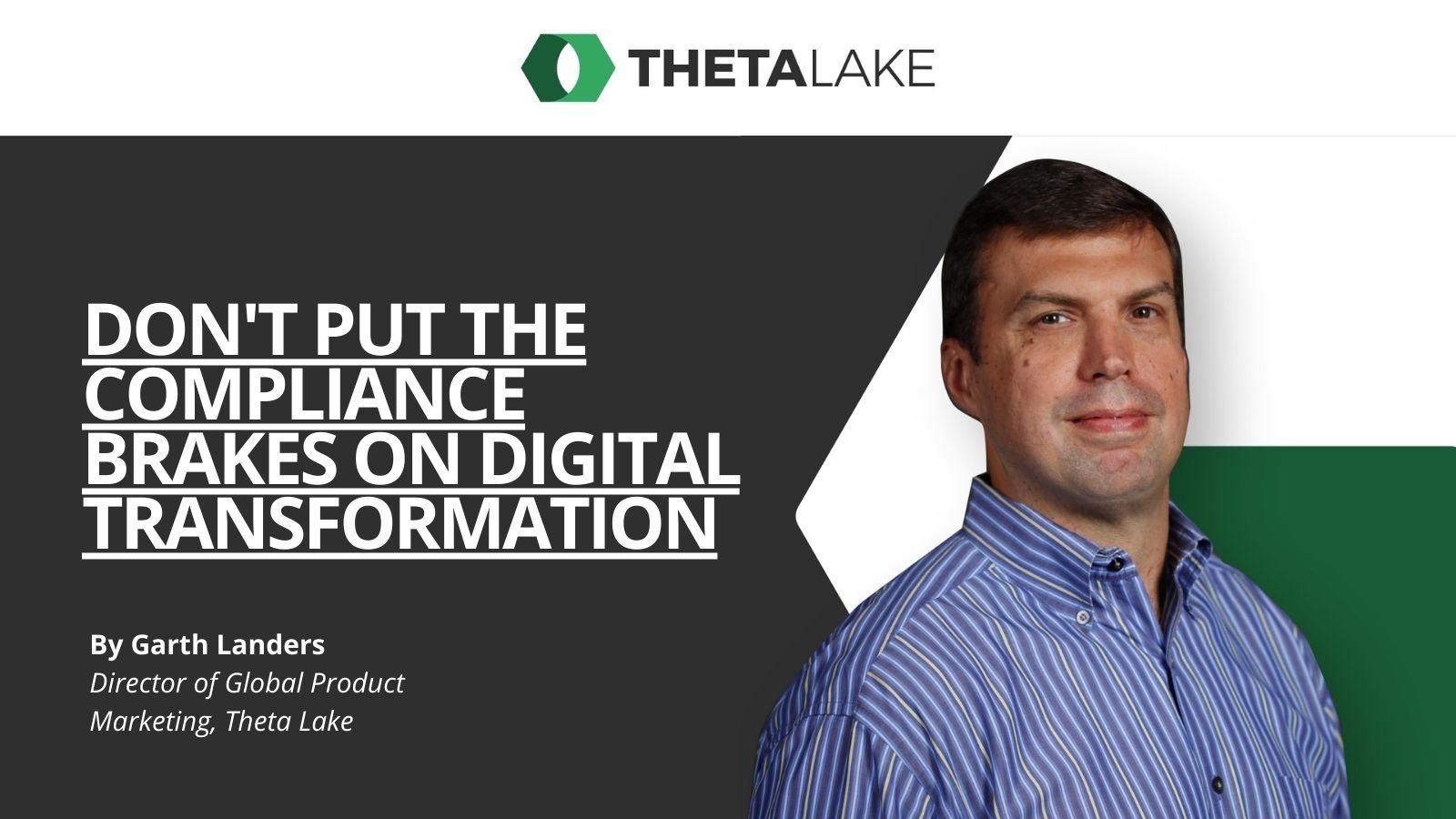Digital Transformation - Evergreen but Transformational
Digital transformation is a concept that has been around for a while, and one you’ve no doubt heard about. Analysts, consultants and social media pundits love it- as it can be widely ascribed to any number of IT/business initiatives.
Digital transformation is defined by Salesforce as the process of using digital technologies to create new — or modify existing — business processes, culture, and customer experiences to meet changing business and market requirements. Digital transformation benefits to an organization include the potential to accelerate corporate growth, change and reinvention through new market opportunities.
Clearly, digital transformation is a game changer as it relates to IT investments, in that these are projects and initiatives that move the needle and have a profound impact on the business rather than the 70% of spending that is often aligned to “keeping the lights on” or maintaining the status quo from an IT perspective according to Gartner.
Unified Communications (UC) - Pervasive and Instrumental to Digital Transformation
While quickly deployed as a reaction to enabling remote productivity in 2020, unified communications have matured to being an integral part of how organizations conduct and reimagine communications paths to customers, prospects, partners and internal employees. Multi-modal capabilities (voice, video, text, file sharing) have changed the way organizations of all sizes work with examples across regulated industries ranging from banking, insurance, health care to the public sector. Today, buyers are seeking to realize a return on investment while also asking how they can maximize the ever expanding capabilities of UC platforms for enhanced productivity and digital transformation. It is quite likely that we haven’t begun to fully realize how UC platforms can be leveraged and the marketplace continues to evolve and develop new capabilities which will be further immersed in digital workflows and business processes.
Putting the Brakes on Digital Transformation due to Compliance Fears
While communications have changed greatly (much greater use of video and chat vs email) regulatory compliance and security concerns are real and still apply. Whereas email was a largely centralized effort that lent itself more easily to being controlled for governance purposes, today’s communications are cloud based, decentralized, persistent and dynamic. For compliance reviewers such as those in financial services, it can be bewildering to have to trace the context and flow of a conversation that might be initiated on a voice call, carry over to chat and end in a virtual conversation utilizing all three modalities.
As a result, it is tempting for compliance and security teams to try to minimize potential risk by turning off capabilities available in unified communications such as in-meeting chat, file sharing or whiteboards. These applications fall under the parameter of “written communications” that need to be retained and supervised and aligned with financial services regulatory requirements. Based on the views and experiences of more than 500 compliance and security professionals who took part in Theta Lake’s annual benchmark survey, 45% are choosing to turn off features in an attempt to limit the risk of new channels. This reaction is understandable. Regulatory fines in the past year related to unsupervised channels have totalled over 1.8B dollars. Technical professionals also worry about the potential to have to archive hours of virtual meeting footage, and the potential costs and the time needed to review.
Unfortunately, numerous negative outcomes can result by taking a draconian, restrictive approach towards unified communications. These include a failure to realize a full return on investment on technology investments, falling behind competitors who leverage and reorient business processes using new communication channels as part of digital transformation initiatives and ironically, the possibility of inadvertently pushing employees to adopt non sanctioned, unsupervised communications channels if they are frustrated and not able to communicate with clients, partners and co-workers on the channels and tools, with the functionality they desire.
Theta Lake Can Help
Theta Lake is purpose-built for modern communication tools and enables organizations to meet retention and supervisory obligations. Our selective eComms archiving capabilities make it simple for financial services institutions to choose the meeting components they want to archive and supervise. Firms can select traditional ‘electronic communication’ content such as private and group chat, polling and whiteboarding, without needing to record and store the audio or video components of related meetings or webinars. In addition, firms have the option to customize their archiving and supervision to include full meeting content with retention and analysis of video, chat, and audio, when needed. This future-ready option ensures organizations are prepared for the growing regulatory scope and scrutiny of communications. As one example is FINRA’s recent response to a question about supervising the use of ‘visual aids, such as a whiteboard or dynamic charts, or a chat or instant messaging feature during a live, unscripted online conference’.
Unified communication adoption can be a successful ingredient towards digital transformation and reshaping how businesses and governments communicate with customers, constituents and internal stakeholders. Compliance and security concerns, no matter how justifiable, should not put the brakes on these efforts. With Theta Lake, productivity and governance requirements can be successfully aligned resulting in gains for the business while reducing potential regulatory risk and data loss.



